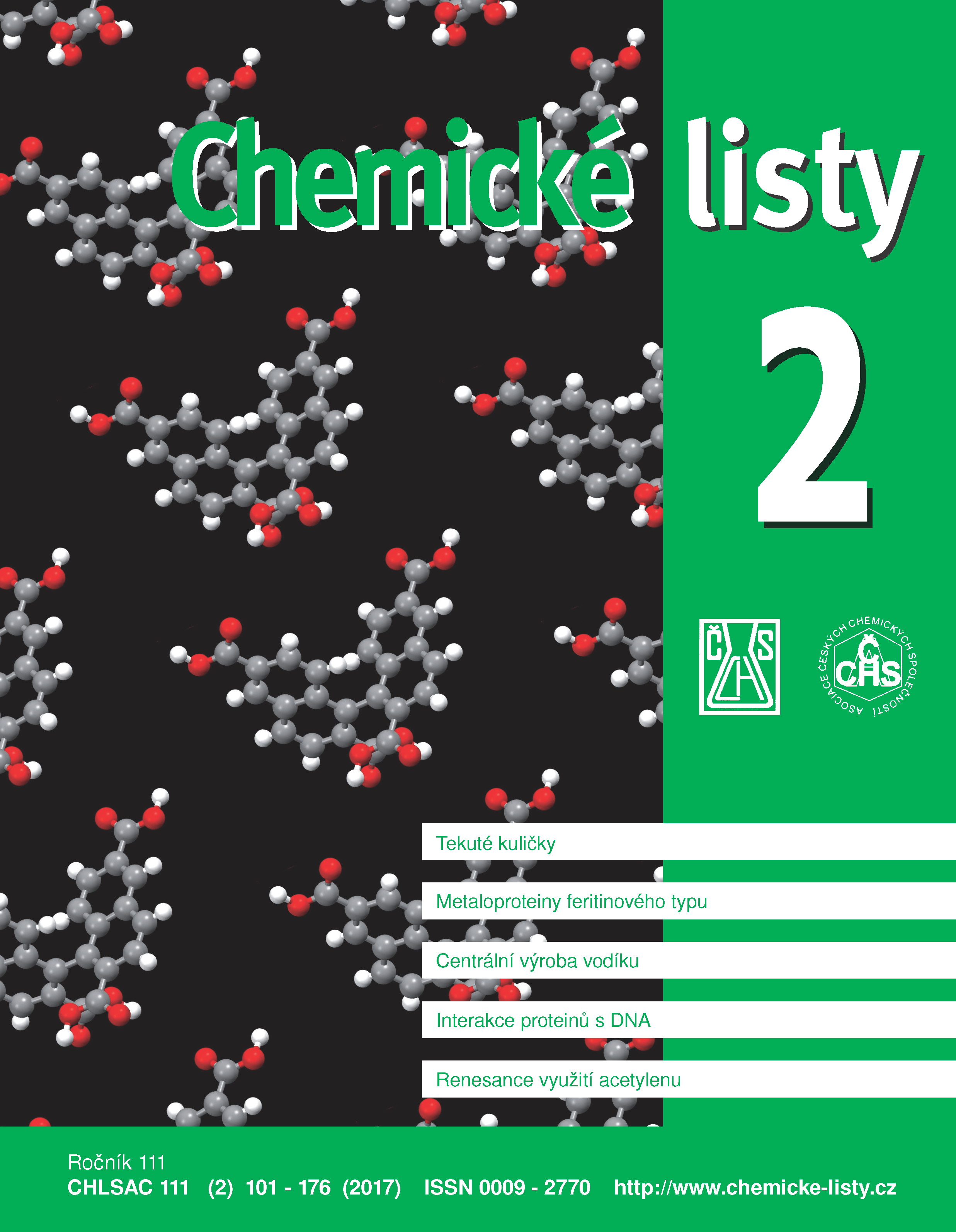Sampling Methods for Fire Retardants
Keywords:
fire retardants, methods of sampling, air contamination, passive sampling, sample homogenizationAbstract
Flame retardants, i.e., chemical compounds added to products to increase fire safety, occur in all components of the environment. To perform an efficient mapping of their sources and ways of exposure of human body to them, it is necessary to know their concentration in the air, in solid materials, and waters. For this purpose, primarily, it is desirable to unify the sampling methods, allowing the interpretation of results and their comparison. In case of air, a selection of the most appropriate method is necessary: either a passive sampling based on diffusion or an active sampling based of sucking of air through a filter or direct sampling of dust. For solid materials, it is important to take a representative sample.





